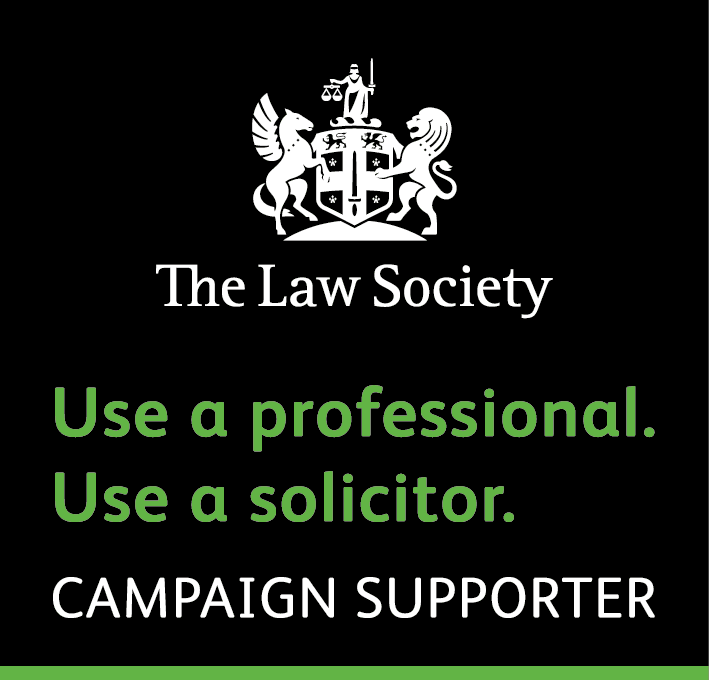Services
What is pregnancy and maternity discrimination?
It is unlawful for your employer to treat you unfavourably because you are pregnant or on maternity leave. All employees, casual workers, agency workers, freelancers and contractors are protected by pregnancy and maternity discrimination law from day one of their employment.
What protection does the law provide?
Employees are also protected from unfavourable or detrimental treatment or dismissal you are pregnant or on maternity leave.
Unfavourable treatment and detrimental treatment include:
- not being selected for a job
- selection for redundancy on the grounds of pregnancy,
- dismissal because of pregnancy because of an illness related to the pregnancy,
- refusal of training or promotion opportunities,
- reduction of pay or hours,
- pressure to resign,
- failure to carry out a risk assessment and take action to protect your health and safety.
When does protection start and finish?
Protection from pregnancy and maternity discrimination starts from when you become pregnant and ends until either:
- your maternity leave ends
- you return to work
- you leave your job
This is known as the ‘protected period’.
Protection starts from the very first point you engage with an employer no matter how long you have had a relationship with the employer, for example at the first interview.
Additional employee rights if you are pregnant or on maternity
- Returning to work - If you’re on Ordinary Maternity Leave (26 weeks), you have the right to return to the same job you had before you left. If you’ve taken more than 26 weeks maternity leave and it is not possible for you to return to exactly the same job, for example, because there has been a reorganisation, you must be offered a suitable alternative job on the same terms and conditions.
- Redundancy – If you are on maternity leave and your employer is looking to make redundancies, they are obliged to look at suitable alternatives within the organisation to avoid redundancies. If you are pregnant or on maternity leave you have the right to be offered any suitable alternative role, if one is available, without an interview.
- If no suitable alternative role is available the employer can still make you redundant, as long as pregnancy is not the reason for making you redundant.
- Staying in touch - Women on maternity leave are entitled (but not obliged) to go into work and be paid for up to 10 mutually agreed Keeping in Touch (KIT) days, without losing Statutory Maternity Pay or Maternity Allowance entitlement for those days.
- Breastfeeding at work - If you want to continue breastfeeding when you head back to work, then that’s absolutely your right. Whether you’ll be pumping milk while in work or bringing your child in to feed, your employer needs to make sure that you have access to somewhere safe to rest. They also need to make sure that it’s safe for you to work by making reasonable adjustments to your working conditions or hours of work.
Types of discrimination
There are four main types of age discrimination.
- Direct discrimination
- Indirect discrimination
- Failure to make reasonable adjustments
- Harassment
- Victimisation
What should you do if you feel you have been discriminated against?
What action you take will depend on how much time you have available to you before the 3-month time limit to bring a tribunal claim is due to expire. The following should be considered to place you in the best position to secure an exit package or a successful tribunal claim: -
- Speak to your line Manger. You should raise your concerns with management so your employer is aware at the earliest opportunity of the issues you are having.
- Lodge an official grievance. If you do not receive a satisfactory response from our manager you should submit a grievance. You should always follow your employer’s grievance policy if they have one. If there is no internal policy you can find guidance on the ACAS website.
- Gather evidence and keep records. If you strongly feel that you have been discriminated against, and you have not received a satisfactory response from your employer, you should start to gather evidence to support a potential tribunal claim.
- Enter a without prejudice discussion. This can be done by submitting a ‘without prejudice’ letter to requesting a ‘without prejudice’ meeting. This will give you the opportunity to have an off the record discussion with your employer to air out your concerns and seek a resolution such as compensation or an exit package. It is important that you tread carefully and seek the guidance from our experienced solicitors before engaging with your employer.
- Lodge an Employment Tribunal claim. If all other options have been exhausted and you still feel aggrieved or you have been dismissed because of your age, you can submit a tribunal claim. If you are still employed this will be for age discrimination. If you have been dismissed this will be for both unfair dismissal and age discrimination. Any claim should be issued within 3 months of the date of dismissal or alleged discriminatory act. It is now mandatory to go through ACAS’s early conciliation scheme before you can submit a claim to the tribunal.
What should you do if you feel you have been discriminated against?
What action you take will depend on how much time you have available to you before the 3-month time limit to bring a tribunal claim is due to expire. The following should be considered to place you in the best position to secure an exit package or a successful tribunal claim: -
- Speak to your line Manger. You should raise your concerns with management so your employer is aware at the earliest opportunity of the issues you are having.
- Lodge an official grievance. If you do not receive a satisfactory response from our manager you should submit a grievance. You should always follow your employer’s grievance policy if they have one. If there is no internal policy you can find guidance on the ACAS website.
- Gather evidence and keep records. If you strongly feel that you have been discriminated against, and you have not received a satisfactory response from your employer, you should start to gather evidence to support a potential tribunal claim.
- Enter a without prejudice discussion. This can be done by submitting a ‘without prejudice’ letter to requesting a ‘without prejudice’ meeting. This will give you the opportunity to have an off the record discussion with your employer to air out your concerns and seek a resolution such as compensation or an exit package. It is important that you tread carefully and seek the guidance from our experienced solicitors before engaging withy our employer.
- Lodge an Employment Tribunal claim. If all other options have been exhausted and you still feel aggrieved or you have been dismissed because of your age, you can submit a tribunal claim. If you are still employed this will be for age discrimination. If you have been dismissed this will be for both unfair dismissal and age discrimination. Any claim should be issued within 3 months of the date of dismissal or alleged discriminatory act. It is now mandatory to go through ACAS’s early conciliation scheme before you can submit a claim to the tribunal.
What compensation could you recover for discrimination?
If you are successful in your claim, the main head of compensation will be for what is called ‘injury to feelings’. This is a monetary awarded determined by the tribunal judge which is designed to compensate you for the level of hurt you have suffered as a result of the age discrimination.
Although the final figure is determined by the tribunal judge, the courts have set out guidelines known as the ‘Vento Bands’ depending on the seriousness of the case. They are currently (as of the 6th April 2023) as follows:-
- Band 1: - less serious cases (e.g. a one-off or isolated incident of discrimination): £1,100 – £11,200
- Band 2: £11,200 – £33,700
- Band 3: most serious cases: £33,700 – £56,200
- Exceptional cases: Over £56,200

Solicitor Call Back
Request a FREE no obligation consultation with a solicitor by completing the form below
You can learn more about how we handle your personal data by viewing our Privacy Policy
Ready to speak to an employment law expert?
What makes SA Solicitors different ...
Common settlement agreement issues our solicitors deal with ...
> Counter Offers
> Negotiating Tactics
> Termination Payments
> Compensation Payments
> Grievance Issues
> Notice Pay
> Tax Payments
> Furlough Advice
> Discrimination
> Constructive Dismissal
> Unfair Dismissal
> Redundancy
> Bullying & Harassment
> Sick Absence
> Disciplinary Proceedings
> Capability Arguments





